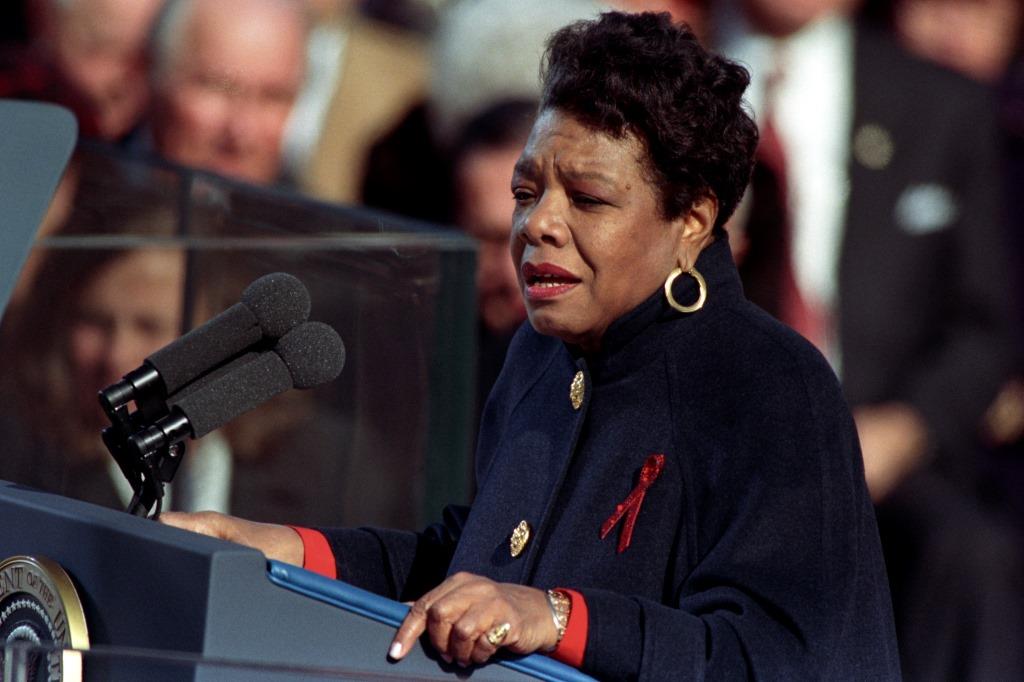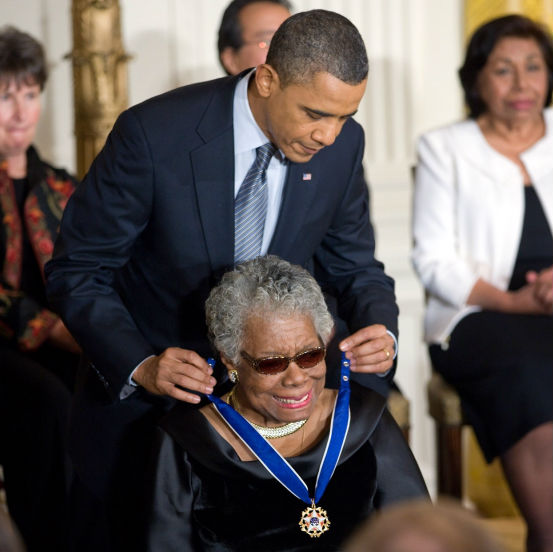
“A bird doesn’t sing because it has an answer, it sings because it has a song.”
Writer, poet, and civil rights activist Maya Angelou had a powerful story to tell. She led an enormously influential life, using her 1969 I Know Why the Caged Bird Sings autobiography to share her personal experience with racism, trauma, family and journey of self-discovery.
Angelou was born in St Louis, Missouri in 1928. She was abused by her mother’s boyfriend, Freeman, who was murdered shortly after being released from jail. Following that incident, Angelou became mute for 5 years. As she explained it, “I thought my voice killed him; I killed that man, because I told his name. And then I thought I would never speak again, because my voice would kill anyone.”
But Angelou persisted, rediscovering her voice and using it to lead an impactful life and share her story. Her influence expanded far beyond her autobiographies, essays, and poetry. She’s credited with countless plays, movies and television shows as both an actress and a writer. She received dozens of awards and over 50 honorary degrees. Her role as a civil rights activist pushed her to the forefront where she served on both Gerald Ford and Jimmy Carter’s committee. At Bill Clinton’s inauguration ceremony, she read her poem “On the Pulse of Morning.”
In 2010, President Barrack Obama awarded her the Presidential Medal of Freedom.

When Angelou passed away in 2014, she left behind nothing but support for telling her story and the stereotypes she spent her whole life fighting against. CNN called her a “woman who pushed for justice and education and equality.” Obama said that the world lost “one of the brightest lights of our time—a brilliant writer, a fierce friend and a truly phenomenal woman. She inspired my own mother to name my sister Maya.” Angelou’s works and her actions still speak for themselves.
It seems fitting to let Maya Angelou to have the last word. “I’ve learned that people will forget what you said, people will forget what you did, but people will never forget how you made them feel.”